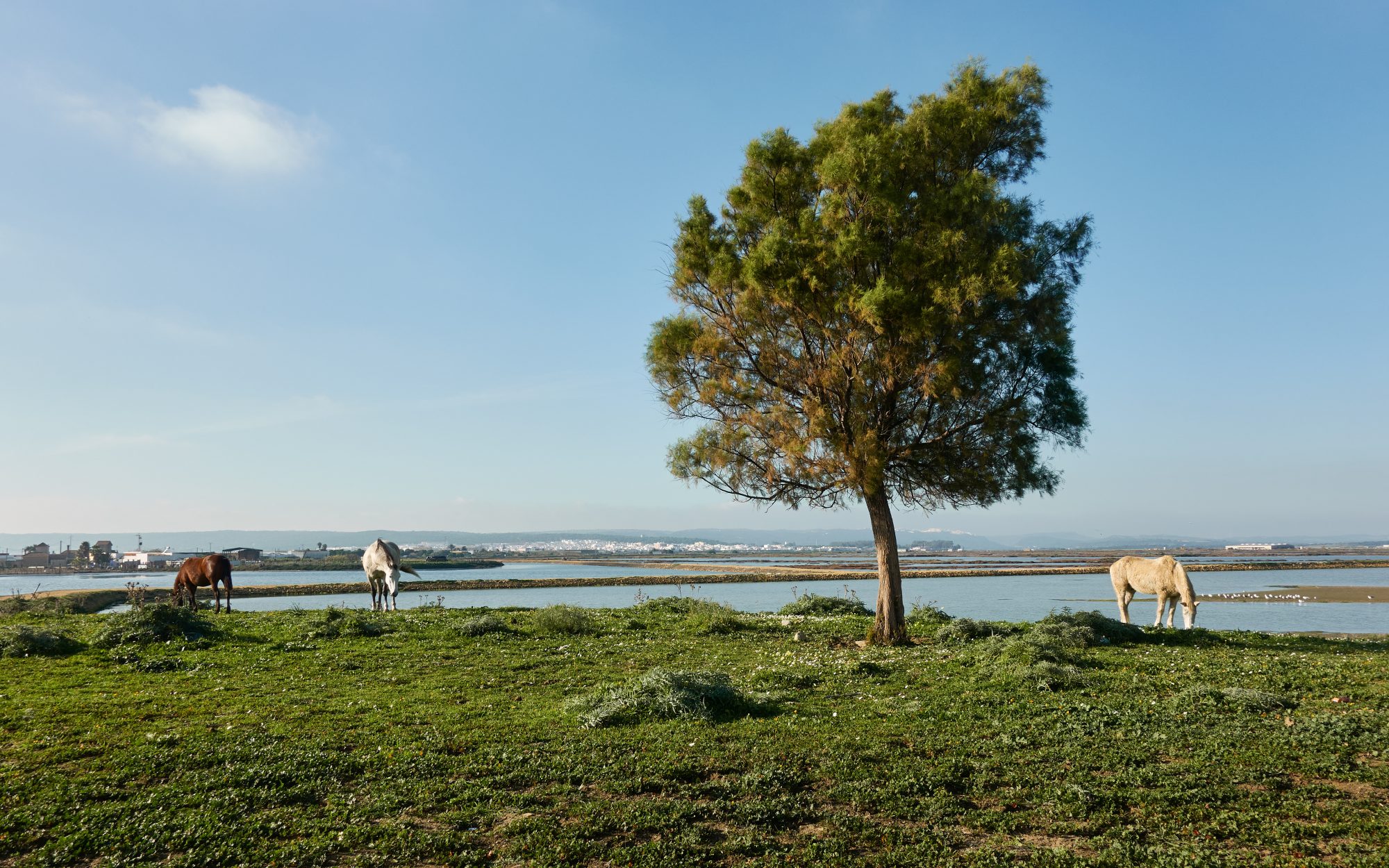Engineering alone cannot stem the tide of pollutants; ecosystems can help. Recent syntheses show that vegetated wetlands remove up to 89 % of certain antibiotics and 65 % of resistant genes from influent waters, while simultaneously trapping microplastics in root mats. Field trials in Asia and Europe confirm that antibiotic-resistance loads fall along flow paths through densely planted reed beds, even when inflows fluctuate with storm events.
TULIP scales this knowledge by testing hybrid systems – riparian reed strips, floating wetland islands and low-energy aeration weirs – under contrasting climates in Italy and the Philippines. Performance metrics include particle removal efficiency, gene-copy reductions and maintenance costs, giving planners a tangible cost-benefit picture. Coupled with adaptive models, these nature-based solutions become key modules in catchment-wide AMR and plastic-mitigation strategies.

